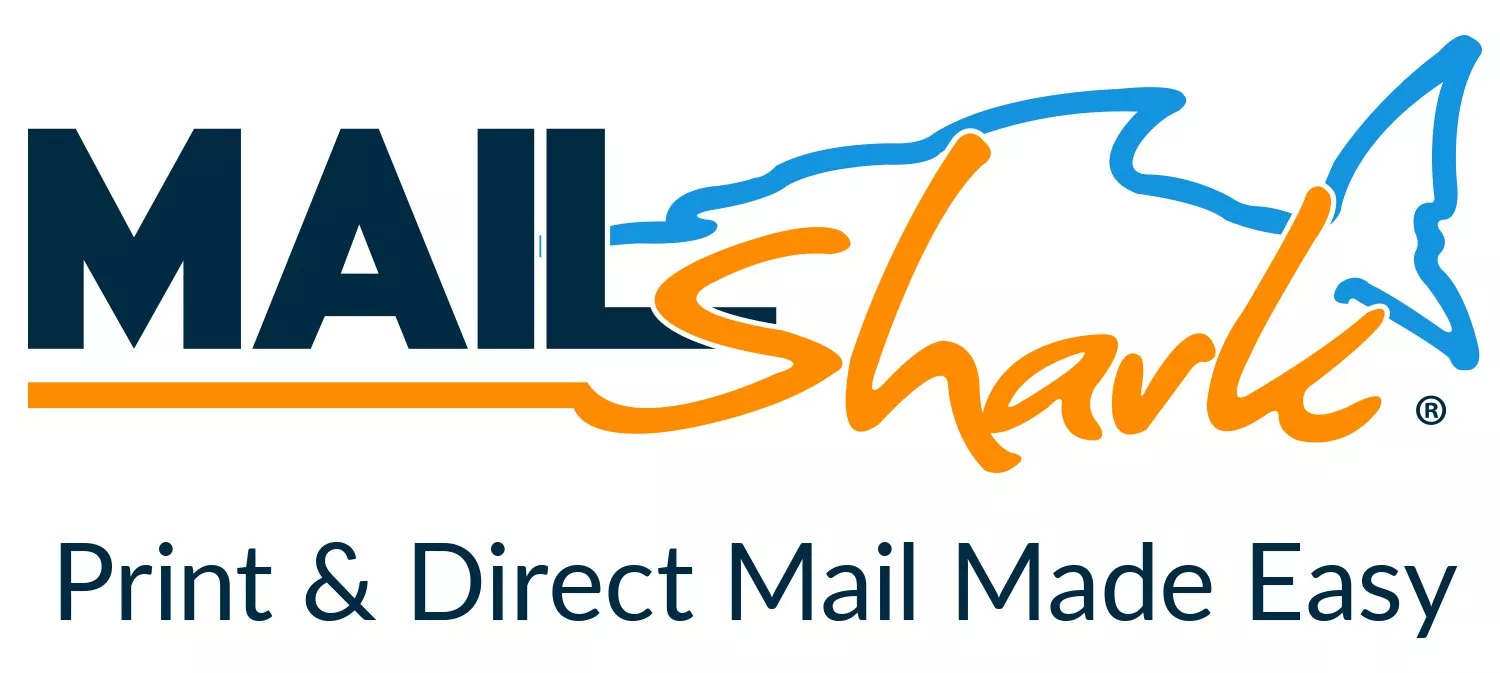Is a 4- Day Work Week Really an Option?
-
Available Subscriptions
-
Have you checked out Joe's Latest Blog?
-
By Joe Marconi in Joe's Blog0 commentsIt always amazes me when I hear about a technician who quits one repair shop to go work at another shop for less money. I know you have heard of this too, and you’ve probably asked yourself, “Can this be true? And Why?” The answer rests within the culture of the company. More specifically, the boss, manager, or a toxic work environment literally pushed the technician out the door.
While money and benefits tend to attract people to a company, it won’t keep them there. When a technician begins to look over the fence for greener grass, that is usually a sign that something is wrong within the workplace. It also means that his or her heart is probably already gone. If the issue is not resolved, no amount of money will keep that technician for the long term. The heart is always the first to leave. The last thing that leaves is the technician’s toolbox.
Shop owners: Focus more on employee retention than acquisition. This is not to say that you should not be constantly recruiting. You should. What it does means is that once you hire someone, your job isn’t over, that’s when it begins. Get to know your technicians. Build strong relationships. Have frequent one-on-ones. Engage in meaningful conversation. Find what truly motivates your technicians. You may be surprised that while money is a motivator, it’s usually not the prime motivator.
One last thing; the cost of technician turnover can be financially devastating. It also affects shop morale. Do all you can to create a workplace where technicians feel they are respected, recognized, and know that their work contributes to the overall success of the company. This will lead to improved morale and team spirit. Remember, when you see a technician’s toolbox rolling out of the bay on its way to another shop, the heart was most likely gone long before that.
-
-
Similar Topics
-
By MikesPlaceAuto
Hello from Montana. Longtime mechanic/technician, first-time shop owner. Reaching out to many sources for information and advice. Small shop in rural setting, specializing in electrical and electronics. Thanks for any good words. Mike
-
By carmcapriotto
Thank You To Our Partners The Institute, AutoFlow, AutoLeap, Shop Dog Marketing, In-Bound
Watch Full Video Episode
In our Episode Today:
Listeners will recall the Pilot Talk (Episode 34) with Austin Brumfield - and this time our host Craig O’Neill welcomes Austin’s amazing wife, Evangela, to the podcast!
Evangela is a pilot, an Airframe and Powerplant Mechanic, and a missionary.
As mentioned with Austin, the Brumfields are joining Arctic Barnabas Ministry’s (ABM) which will take them and their aviation skills to the remote regions of Alaska. ABM aims to support and encourage those who serve in Alaska, so they don’t decide to leave!
Since do leave after confronting hardship and the remote nature of Alaska- it becomes unlikely for people who cannot leave their remote communities to develop trust with any future newcomers.
The Word of the Day:
Barnabas:
Proper Noun
Meaning: "son of encouragement”
In the conversation listeners will enjoy hearing Evangela share and reflect on a number of topics including:
Her passion for the mechanics of aircraft - and the importance of the A&P license What it is like communicating with your Certified Flight Instructor (CFI) - when you are married to your CFI How speaking through the radio in a solo flight instills a sense of confidence What it’s like to speak in front of churches to raise support Why raising support for living in Alaska is nearly twice as hard as other missions Compelling details about the challenges of remote living and isolation felt by people in the remote regions of Alaska Airplanes as a bridge for communication Also airplanes in general. We do talk a bit about airplanes…
Those who know Craig, know that when he entered college out of high-school - he wanted to become a missionary pilot himself. Meeting the Brumfields later in life when he took up flight lessons in 2021 cultivated a new friendship and a new means to fuel that passion by supporting the Brumfields and welcoming them to share their story.
At Speak Up - we believe stories adjacent to our industry prove to illustrate solutions for our day-to-day situations. A key takeaway from Evangela is for us to remember to be proactive about being a Barnabas in your part of the world!
Don’t just wait to be called!
And be prepared to go this distance necessary to support those who need support!
We hope you’ll follow the Brumfield’s journey - details below!
For more information on Arctic Barnabas Ministry - Check out their site: here
You can follow Austin and Evangela on Facebook, where they post their updates and newsletters by clicking here
Evangela shared a wonderful Youtube video that was produced recently regarding missions in Alaska. ABM serves some of the individuals in the video so it's a great way to visualize the people, places, and need for ABM in Alaska. You can watch it by clicking here.
Thank You To Our Partners The Institute, AutoFlow, AutoLeap, Shop Dog Marketing, In-Bound:
The Institute at WeAreTheInstitute.com. "Stop stressing over your business, you deserve a good night's sleep. The Institute’s coaching helps you achieve success and financial peace.
AutoFlow at AutoFlow.com. Your partner in technology, Autoflow consolidates your client interactions - before, during and after the visit to a single thread. Learn more at Autoflow.com
AutoLeap at AutoLeap.com. Are you tired of juggling multiple tools to manage your auto repair shop? Say hello to the streamlined efficiency of AutoLeap, the #1 all-in-one Auto Repair Shop Management Software!
Shop Dog Marketing at Shop Dog Marketing.com. "Want to see your auto repair shop thrive? Let Shop Dog Marketing be your guide. Our customer-first approach, combined with AI-driven creative content, ensures top rankings.
In-Bound at CallInBound.com. Cover your communication needs and revolutionize your auto repair business with AI-driven call analytics from InBound.
Contact Information
Email Craig O'Neill: speakup@craigoneill.net Join Our Virtual Toastmasters Club: https://remarkableresults.biz/toastmasters
The Aftermarket Radio Network: https://aftermarketradionetwork.com/
Remarkable Results Radio Podcast with Carm Capriotto: Advancing the Aftermarket by Facilitating Wisdom Through Story Telling and Open Discussion. https://remarkableresults.biz/
Diagnosing the Aftermarket A to Z with Matt Fanslow: From Diagnostics to Metallica and Mental Health, Matt Fanslow is Lifting the Hood on Life. https://mattfanslow.captivate.fm/
Business by the Numbers with Hunt Demarest: Understand the Numbers of Your Business with CPA Hunt Demarest. https://huntdemarest.captivate.fm/
The Auto Repair Marketing Podcast with Kim and Brian Walker: Marketing Experts Brian & Kim Walker Work with Shop Owners to Take it to the Next Level. https://autorepairmarketing.captivate.fm/
The Weekly Blitz with Chris Cotton: Weekly Inspiration with Business Coach Chris Cotton from AutoFix - Auto Shop Coaching. https://chriscotton.captivate.fm/
Click to go to the Podcast on Remarkable Results Radio
-
By nptrb
Premium Member Content
This content is hidden to guests, one of the benefits of a paid membership. Please login or register to view this content.
-
By stevefry
I have a client looking to sell their Auto Body Shop in Monteagle TN called Lakeside Collision. He is asking $1,500,000 and the property did a little over $1,200,000 last year. Profitable business with lots of equipment and inventory, newer paint booth and includes 2 lots and 2 buildings with 8 bay doors.
Also have another client looking for an Auto Body business to purchase in Davidson County (Nashville) TN. Looking for a shop with the business and the real estate.
-
-
By Joe Marconi
Premium Member Content
This content is hidden to guests, one of the benefits of a paid membership. Please login or register to view this content.
-
-
-
Our Sponsors
















Recommended Posts
Create an account or sign in to comment
You need to be a member in order to leave a comment
Create an account
Sign up for a new account in our community. It's easy!
Register a new accountSign in
Already have an account? Sign in here.
Sign In Now